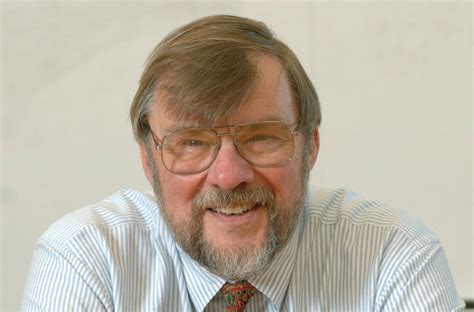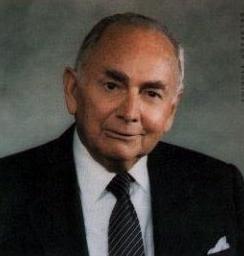A Quote by Jeffrey Pfeffer
Possibly the biggest issue, however, is that performance appraisals focus managers attention on precisely the wrong thing: individual people. As W. Edwards Deming, the father of the quality movement, taught a long time ago, company performance often results more from variations in systems than from the individuals doing the work.
Related Quotes
A demanding performance challenge tends to create a Team. In any situation requiring a combination of multiple skills, experiences and judgments, a team inevitably gets better results than a collection of individuals. Teams provide the kind of responsiveness, speed, on-line customization and quality that is beyond the reach of individual performance.
Expected outcomes contribute to motivation independently of self-efficacy beliefs when outcomes are not completely controlled by quality of performance. This occurs when extraneous factors also affect outcomes, or outcomes are socially tied to a minimum level of performance so that some variations in quality of performance above and below the standard do not produce differential outcomes
Hackman's paradox: Groups have natural advantages: they have more resources than individuals; greater diversity of resources; more flexibility in deploying the resources; many opportunities for collective learning; and, the potential for synergy. Yet studies show that their actual performance often is subpar relative to "nominal" groups (i.e. individuals given the same task but their results are pooled.) The two most common reasons: groups are assigned work that is better done by individuals or are structured in ways that cap their full potential.
After careful consideration, we have decided that for our next fiscal year, we'll issue guidance on comparable store used unit sales and on earnings per share only for the full fiscal year. We will no longer issue quarterly guidance. This decision reflects our continuing focus on longer-term store, sales, and earnings growth and on return on invested capital, and our recognition that the performance in shorter-term periods can be more volatile than over the longer term. As we report our quarterly results, we plan to comment on how our performance is tracking against our annual guidance.
My interest in time emerged out of an engagement with the media that I was working with. Film and performance are temporal media. They rely on time. When I'm carrying out a performance, it matters, for example, how long I hold one particular gesture or posture. Seriality is very important too. Performance can be used to dilate time or to repeat time. And video, in turn, has its own time.


































